Hurricanes And Mental Health: The Psychological Impact

Hurricanes and Mental Health: The Psychological Impact
Introduction
When a hurricane strikes, the physical damage to homes and buildings is often the first thing that comes to mind. However, hurricanes can also take a toll on mental health, causing feelings of stress, anxiety, depression, and trauma. In this article, we will explore the psychological impact of hurricanes and share strategies for coping with the emotional aftermath of a storm.
The Emotional Toll of Hurricane Damage
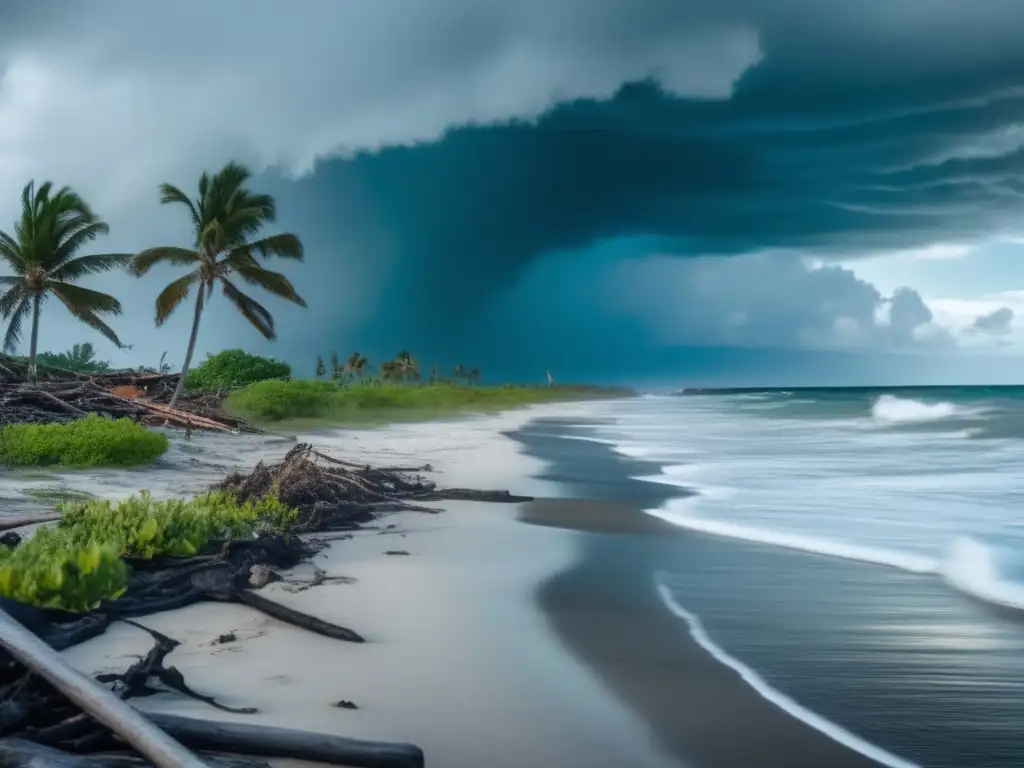
Post-Traumatic Stress Disorder
One of the most severe psychological consequences of a hurricane is post-traumatic stress disorder (PTSD). PTSD is a type of anxiety disorder that can occur after experiencing or witnessing a traumatic event, such as a natural disaster like a hurricane. Symptoms of PTSD can include flashbacks, nightmares, and a constant sense of danger or unease. People with PTSD may also avoid places or situations that remind them of the traumatic event, which can interfere with daily life.
Destruction of Community
One of the most significant losses that people experience after a hurricane is the destruction of their community. Homes and buildings are destroyed, and people may lose cherished possessions, neighborhoods, and familiar landmarks. In addition to the physical losses, this can cause a loss of a sense of belonging, which can lead to feelings of isolation and disorientation.
Disruption of Daily Life
A hurricane can disrupt daily routines, and the uncertainty and unpredictability of the storm can be challenging to manage. People may be forced to evacuate their homes, leave their pets behind, or flee without knowing when they can return. Even after the storm has passed, life may not immediately return to normal. Power outages, limited access to food and water, and transportation issues can all contribute to feelings of stress and anxiety.
Coping Strategies for Dealing with the Emotional Aftermath of a Hurricane
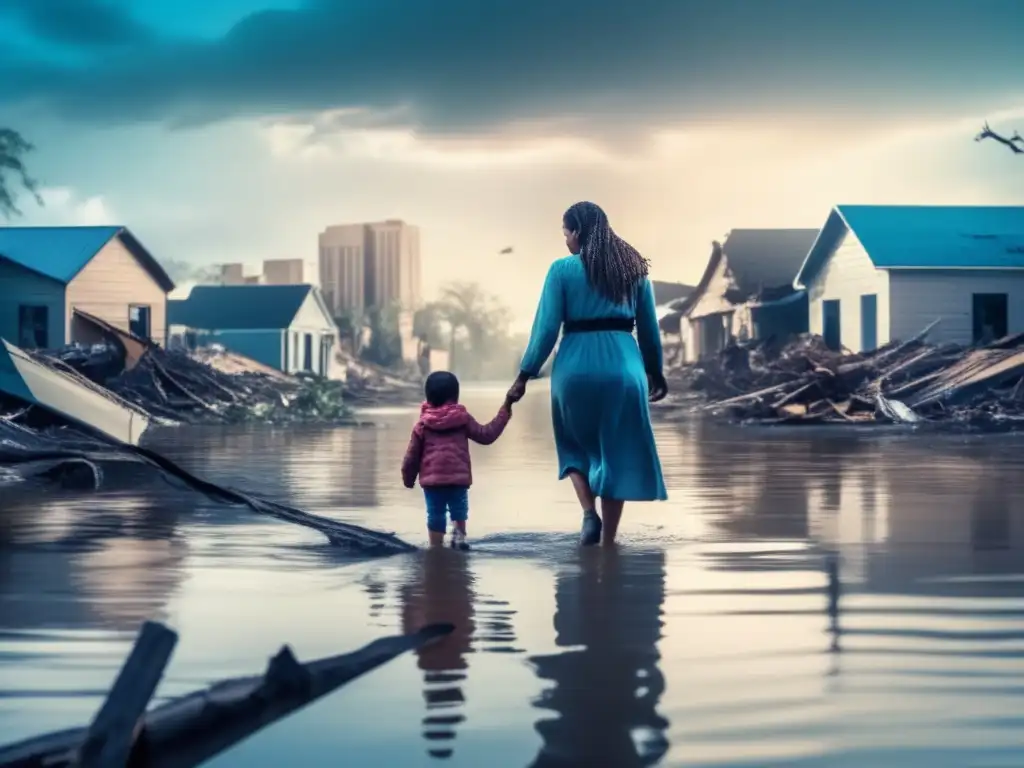
Seeking Professional Help
If you are struggling with the emotional aftermath of a hurricane, seeking professional help is an essential step in recovery. Mental health professionals can help you process your feelings, develop coping strategies, and work through trauma-related symptoms. Therapy can be particularly helpful for people with PTSD, depression, or anxiety disorders.
Connecting with Others
One of the best ways to cope with the emotional aftermath of a hurricane is to connect with others who have shared similar experiences. Support groups, either in-person or online, can provide a safe space to talk about your feelings and connect with others who understand what you are going through. Additionally, spending time with family and friends can help restore a sense of normalcy and belonging.
Self-Care
Practicing good self-care is essential for coping with the emotional aftermath of a hurricane. This can include taking care of your physical health by getting enough sleep, eating a healthy diet, and exercising regularly. It can also mean engaging in activities that bring you joy, such as reading, watching a movie, or spending time in nature.
Frequently Asked Questions

-
Can hurricanes cause depression?
Yes, hurricanes can cause depression, especially in people who have experienced severe damage to their homes or communities. Symptoms of depression can include feelings of sadness, hopelessness, and loss of interest in activities that were once enjoyable.
-
What is hurricane-related anxiety?
Hurricane-related anxiety is a form of anxiety that can appear before or after a hurricane. It can include feelings of unease, worry, or fear about the storm's potential impact on one's safety or property.
-
How long do emotional effects of hurricanes last?
The emotional effects of hurricanes can vary from person to person and can last for weeks, months, or even years. Seeking professional help and engaging in self-care can help promote healing and recovery.
-
Can children experience PTSD after a hurricane?
Yes, children can experience PTSD after a hurricane, especially if they have experienced trauma or loss during the storm. Parents can support their children by providing comfort, reassurance, and access to mental health services.
-
What are some signs that someone may need professional help for hurricane-related trauma?
Signs that someone may need professional help for hurricane-related trauma include persistent feelings of anxiety, depression, or PTSD, difficulty functioning at work or school, or engaging in unhealthy coping mechanisms, such as substance abuse or self-harm.
Conclusion
Hurricanes can have a significant impact on mental health, causing feelings of stress, anxiety, depression, and trauma. However, there are steps that people can take to cope with the emotional aftermath of a storm, including seeking professional help, connecting with others, and practicing good self-care. By taking care of our mental health, we can better weather the storms that life throws our way.
If you are struggling after a hurricane, remember that you are not alone, and help is available. Reaching out for support is a sign of strength, and there is no shame in asking for help. We hope that this article has provided valuable information and resources for those who are coping with the psychological impact of a hurricane.
Additional Resources
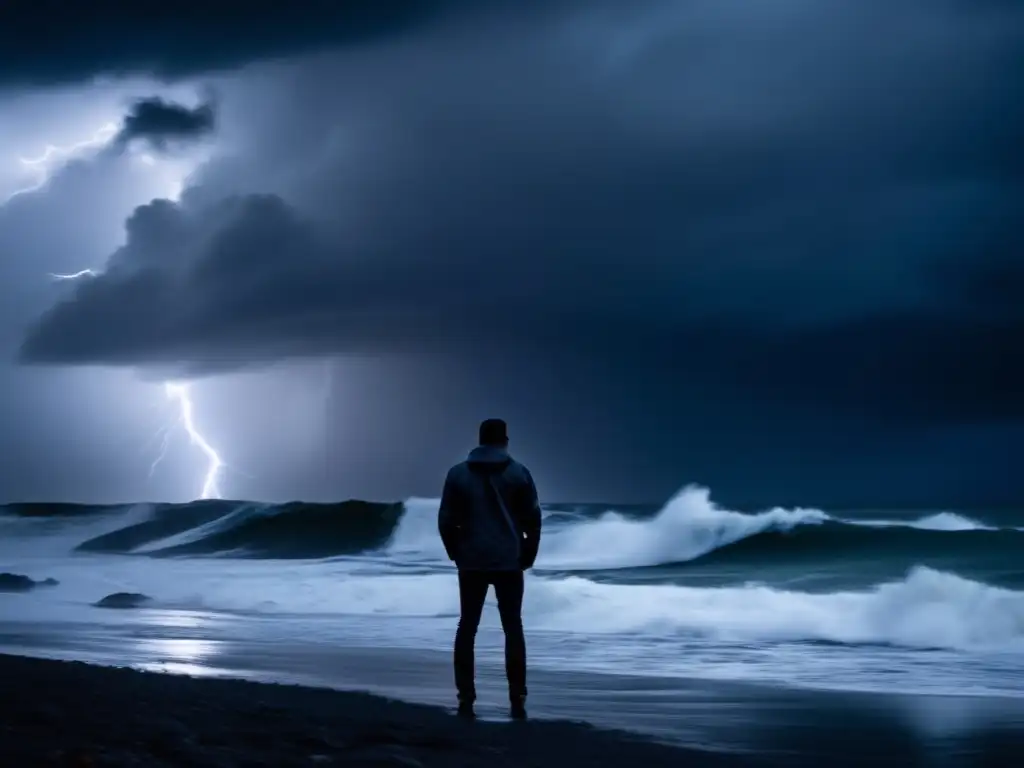
- National Institute of Mental Health: Post-Traumatic Stress Disorder
- American Red Cross: Disaster Mental Health
- Substance Abuse and Mental Health Services Administration: Disaster Distress Helpline
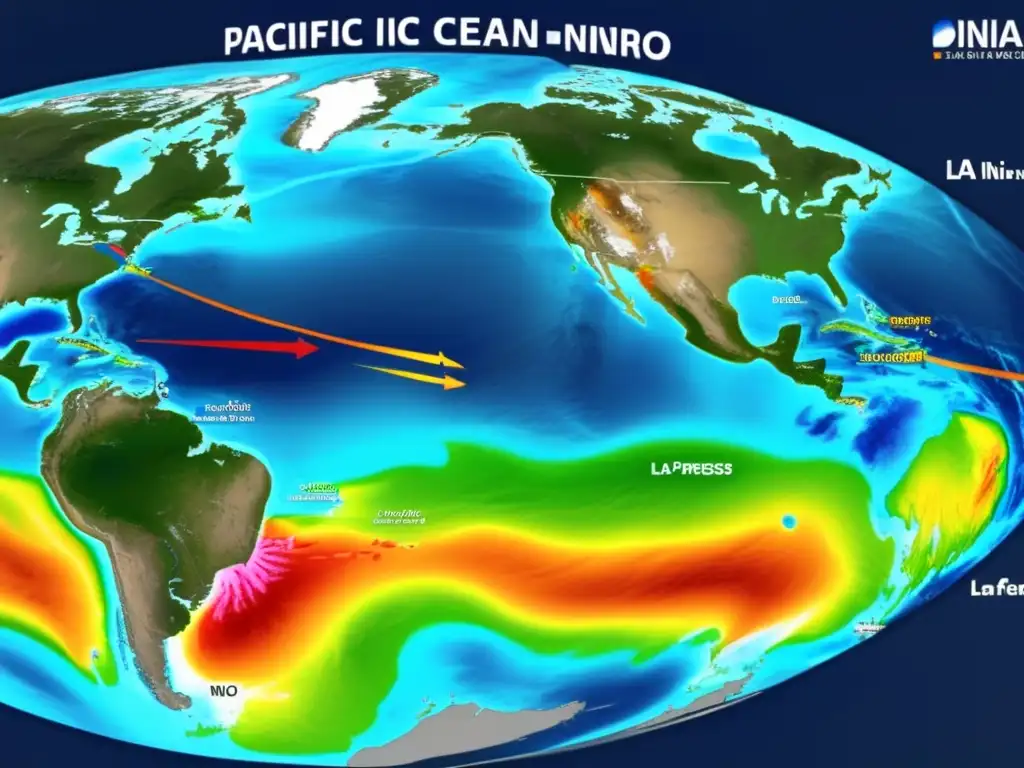 El Niño And La Niña: Influences On Hurricane Activity
El Niño And La Niña: Influences On Hurricane Activity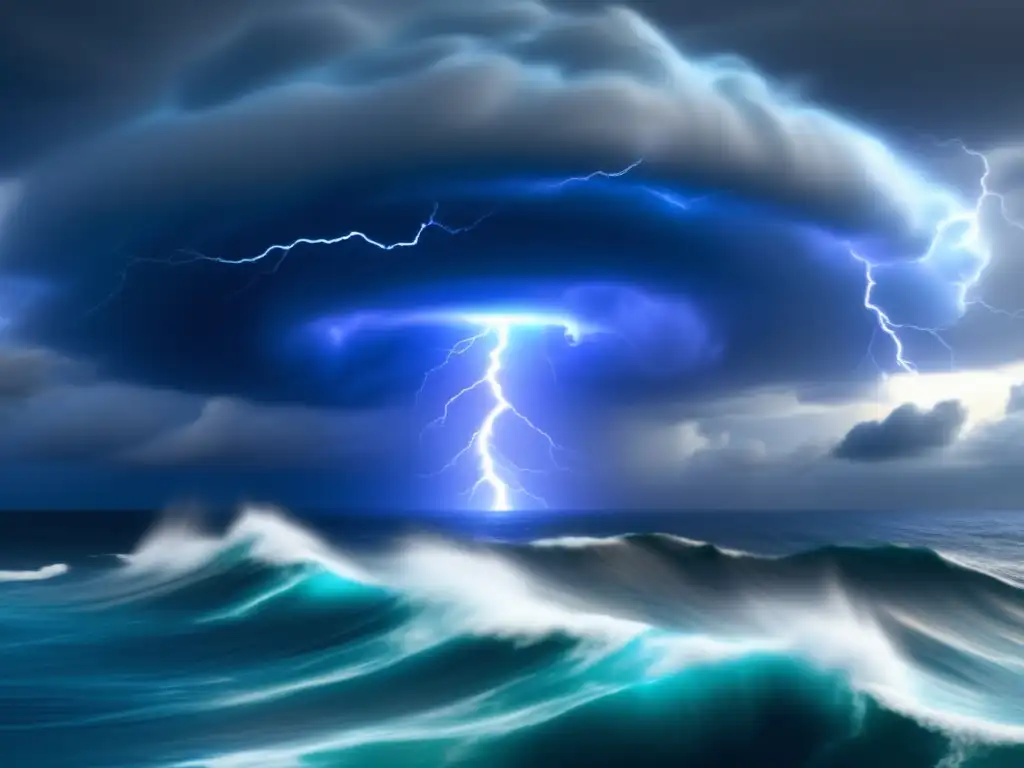 Cyclones, Typhoons, And Hurricanes: Different Names, Same Phenomena
Cyclones, Typhoons, And Hurricanes: Different Names, Same Phenomena The History And Development Of Hurricane Forecasting
The History And Development Of Hurricane ForecastingIf you want to discover more articles similar to Hurricanes And Mental Health: The Psychological Impact, you can visit the Basic knowledge about hurricanes: category.
Leave a Reply

Articulos relacionados: